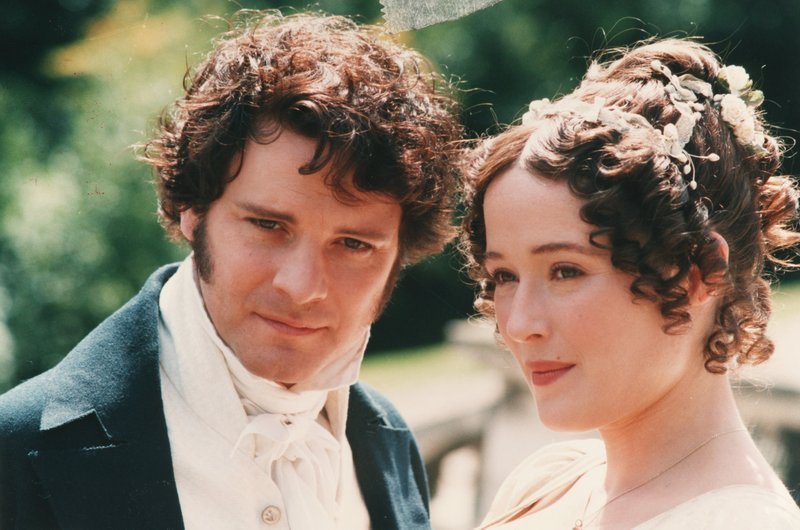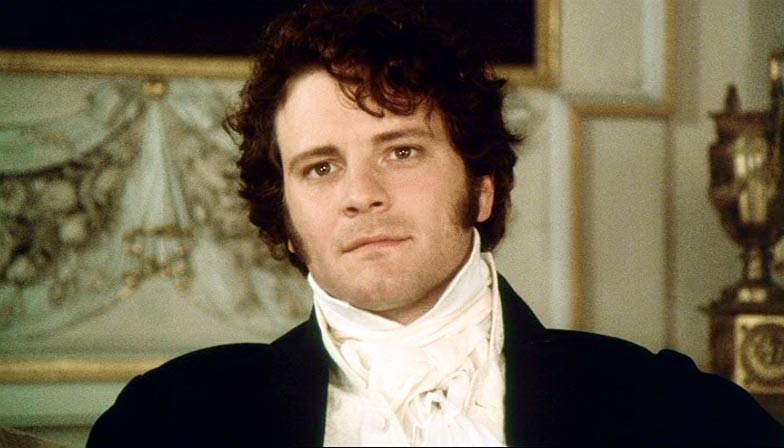This is a feature that appears sporadically on the blog, whenever I have a bookish issue I need to rant or rave about. Feel free to comment with your thoughts!
Earlier this week I blogged about things in books I'm just not that jazzed about. Now, it's time to talk about things in books that float my boat.
(Again, this is partly inspired by my recent paring-down of my Goodreads to-read list, and also by Small Review's similar posts Talk to the Hand and Give Me That Book!)
These are all things that hit the right notes for me, for whatever reason:
- Victorian/Regency era. I don't know that I really need to explain this, do I? The formalities. The balls. The perceived social slights. I drink it all up.
 |
| Gratuitous P&P picture. |
- Anything with a psychological element, especially if it's used in an interesting way with the storyline. Caveat: mental health issues MUST be portrayed accurately. Otherwise this will backfire badly and probably cause me to get more aggravated than if there had never been any psychological element at all.
- Gothic anything, pretty much. Depends how much it falls on the side of horror (usually a NO for me) versus suspense/mystery/thriller (YES). Double points if it's a historical Gothic setting (not just a general sort of Gothic atmosphere in a modern-day setting).

- Historical fantasy/pseudo-historical fantasy. By the latter I mean, the story takes place in a world that FEELS like it's a medieval fantasy or whatever, but it's not actually set in the real world. Or maybe it is but you don't know because that isn't made clear. Whatever, as long as there are heroes and heroines off on quests, and princesses doing princess-y things, and maybe a meddling sorcerer or two, I'm happy.
- Witty banter and unresolved sexual tension. Hey, if it was good enough for Jane Austen, it's good enough for everybody.
 |
| "The Look," for everyone's appreciation. |
- Star-crossed lovers/forbidden romance. Because if the couple isn't bickering (see above), then the conflict has to come from *somewhere*, so we must rely on external forces to part them! And nothing makes you want to root more for a couple to get together than if everyone else is trying to separate them.
- Non-human beings slowly getting in touch with their "human"/emotional side. I probably haven't read all that many books where this has happened, but I do like it when it does! Examples that spring to mind are Isabel in Mistwood by Leah Cypess, and Wanderer in The Host by Stephenie Meyer.
- Twins and clones. Twins because they can switch places and fool people, or have a special "twin connection" of some sort (which needs to be written well, mind you), and clones because they are a creepier version of twins. (Although clone stories are only interesting if the clone has a distinct personality; if it's just used as some sort of plot device in a sci-fi story and the clones are like robots, I'm out.)
- Fairy tale retellings. Love 'em. I prefer ones that are set in a historical/fantasy setting, however – I'm a little more iffy on modernized or sci-fi-ed fairy tales.
What elements/premises/tropes in books float your boat? Do you share any on my list?


































